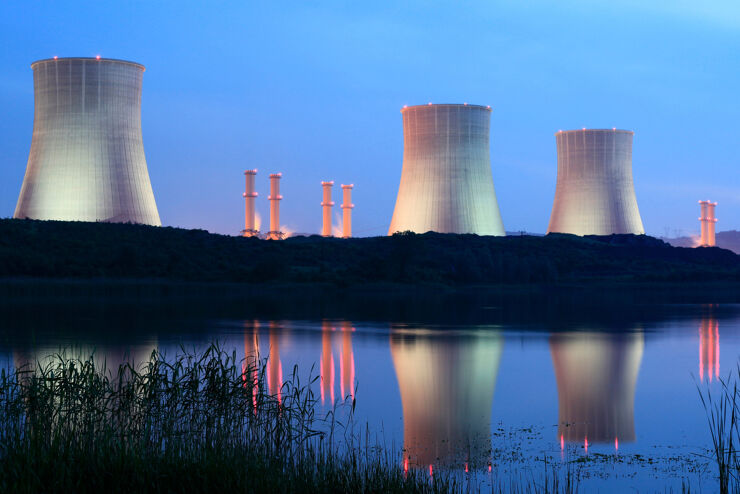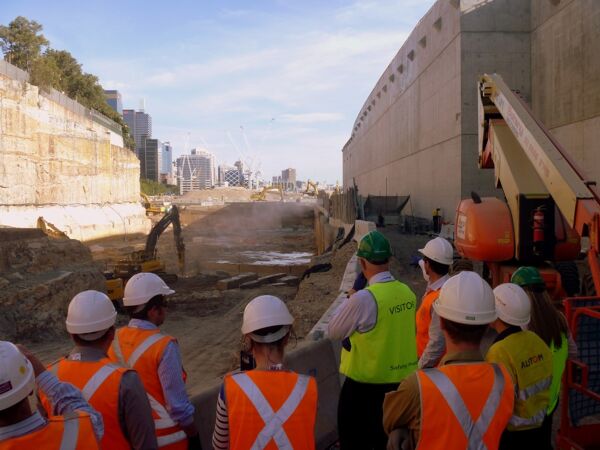
A British reservoir dam spillway nearly collapsed last year following heavy rain. Consultant and former ICE climate task force member John Parry says the UK infrastructure sector’s continuing apathy to climate change needs to stop.
The severe rainfall event in August last year that led to a potentially catastrophic failure of the Toddbrook Reservoir dam in Derbyshire, UK was a much-needed wake-up call for infrastructure owners, operators and regulators to do more about climate change.
While young people seem to have got the message, those who could and should be making a difference in responding to known impacts of more extreme weather event would appear not to be taking serious action.
A key problem would appear to be the limited effectiveness of UK climate change legislation. The Climate Change Act 2008 required a national risk assessment to be produced every 5 years followed by a national adaptation programme every 5 years, reviewed every 2 years.
Ambitions not being met
However, the most recent national risk assessment (HM Government, 2017) indicated that of the 370 actions set out four years earlier, only 109 had been achieved. It concluded the achievements fell well short of ambition, with vulnerability in several sectors increasing and requiring more urgent action.
While the latest national adaptation programme (Defra, 2018) includes objectives, actions and owners, it still lacks a clear sense of the government’s priorities and specific measureable outcomes, with several highest-priority risks missing. The lack of progress over the 5 year period has also coincided with spending cuts imposed on central government departments and local authorities (Parry, 2017).
Furthermore, from 2008 UK local authorities had to report to central government their plans for improving the resilience of local transport to climate change, but this obligation under the national indicator framework ceased in 2010. Unfortunately subsequent evidence indicates that those with the critical responsibilities have generally not been reacting appropriately to the identified risks.
Meanwhile the UK continues to experience an increase in severe weather events, including heavy rainfalls and consequential damage, (witness the recent Storm Ciara wreaking havoc on UK infrastructure), disruption and increased social and health issues.
Time for engineers to step up
Regulatory and budgetary shortcomings aside, at a time when it is clearly realised from the evidence that climate change presents a serious threat to society’s future wellbeing, it is a defining moment of opportunity for civil engineers to make a difference.
Certainly it is good to see the Institution of Civil Engineers actively promoting the United Nation’s sustainable development goals since 2018. But it also needs to advocate the message more strongly to decision makers in central and local government.
The evidence of action required to safeguard society’s critical infrastructure is clearly apparent. It is no longer the case that the ‘insurance cost’ is unaffordable − society really cannot afford to be without it and take the risk.
Safeguarding the Toddbrook Reservoir from further damage was clearly a successful operation, with sufficient resources assigned at the crucial time, but it could have been a lot worse.It is hoped that responsible authorities will now prioritise resources accordingly to safeguard society from similar potential critical infrastructure failures and possible fatalities.
This article is based on the authors’ briefing article in the latest issue (173 CE1) of the ICE Civil Engineering journal.
Civil Engineering is planning a special issue in 2021 on how civil engineers can rise to the challenge of climate change. Please see the call for papers.
Click here for ICE Training's Environment and Sustainability courses.



